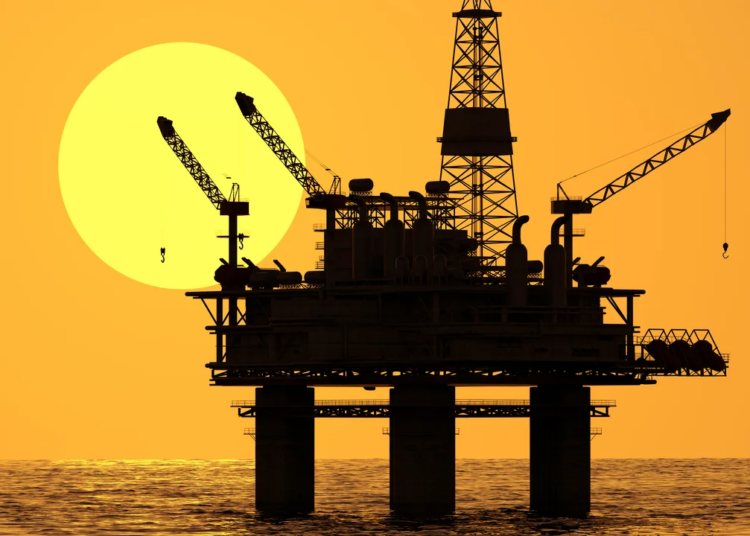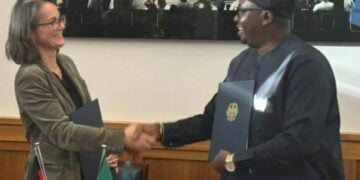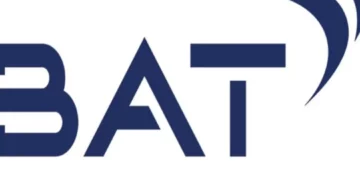The World Resources Institute (WRI), has said, oil and gas investment is rising on energy security concerns, adding that, one of the ways to achieving global energy security is through mitigation funding and multilateral cooperation.
The WRI highlighted that governments are funding more domestic renewable energy projects but have increased oil and gas production in the name of “energy security” at home in the years following the Russia’s invasion of Ukraine.
The recent rebrand of energy transition funding to energy security funding has allowed some developed nations to justify domestic oil and gas finances and drag their feet on multilateral financial commitments. This is causing “real worry” among climate-vulnerable developing nations, WRI chief executive, Ani Dasgupta said.
He said, although the initial shock to the world’s energy markets after the invasion of Ukraine “quickly went away”, it has triggered “real worry among poorer countries that when push comes to shove, it won’t be an even game, or have a fair outcome.”
Developing countries have long complained about the lack of access to climate funding. Richer nations have only recently met the $100bn/yr target in climate finance to developing countries agreed in 2009, while discussions on setting a new climate finance goal for 2025 at Cop 29 in Baku in November could prove difficult.
President of the Republic of Congo (Brazzaville) Denis Sassou-Nguesso said last year that the $100bn/yr in climate financing to developing countries promised by rich countries “never reached us”.
adding that the annual UN Cop climate conferences have become little more than a talking shop.
“Just after the invasion of Ukraine, every country started to think about energy security,” Dasgupta said. “In theory, good things could have happened, countries could have concluded that their best bet to getting energy security is by going renewable”.
But it was not the case in key consumer countries or regions, Dasgupta pointed out. China bought the majority of Russian gas following the EU’s withdrawal, he said, and has since upped production at coal-fired power stations despite an “extraordinary” acceleration towards renewables set for 2023-28, according to Paris-based energy watchdog IEA.
In Europe, the UK and Norway continue to award new oil and gas licenses.
“In the US, the fossil fuel lobby argues that the best route to energy security is to invest more in fossil fuels”. But the best route is to invest in more renewables, he said. “Even if the US produces a large amount of oil and gas, it is still a traded commodity, and so you have to pay a price for it that is set globally.”
The US special presidential co-ordinator for energy security Amos Hochstein has also suggested in September that a widening climate finance gap could ultimately threaten global security. “We have seen the percentage of dollars spent on the energy transition outside the OECD, in developing and middle income countries actually go down instead of up.





